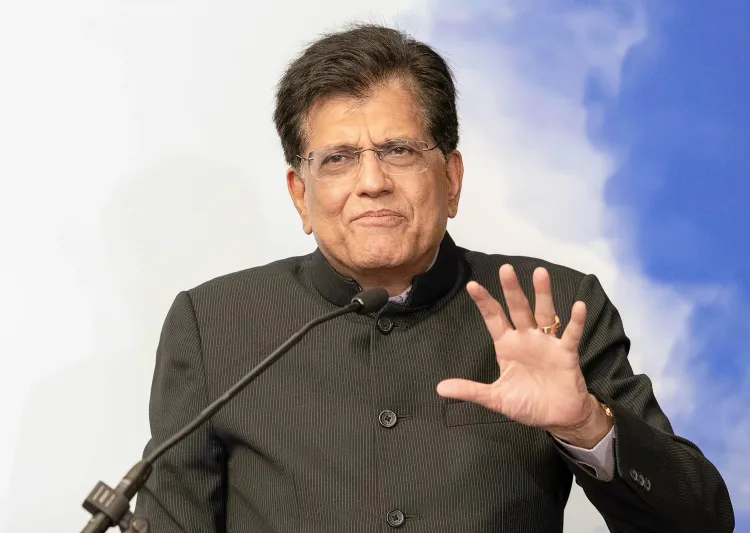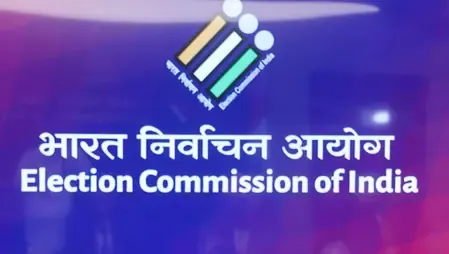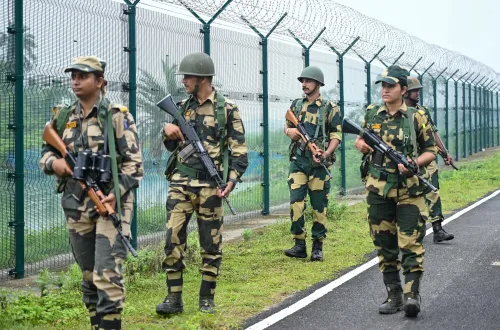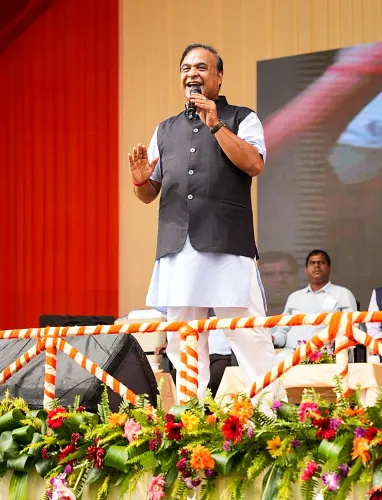Are India’s FDI inflows now coming from 112 countries? - Piyush Goyal

Synopsis
Key Takeaways
- India's FDI inflows have increased from 89 to 112 countries.
- The government is committed to making India the world's preferred investment hub.
- FDI up to 100% is allowed through the automatic route in most sectors.
- Over 90 representatives from diverse sectors attended the investor roundtable.
- Focus areas include land and labor reforms and investments in green energy.
New Delhi, June 6 (NationPress) The Minister of Commerce and Industry, Piyush Goyal, has announced that India’s FDI inflows now come from 112 countries, up from 89 in 2013–14, highlighting the nation's increasing global appeal.
Speaking at an investor roundtable held at Vanijya Bhawan in the national capital, the minister emphasized that India’s FDI achievement is not merely about substantial figures, but also a testament to visionary reforms, clear policies, and the global community's faith in India's economic prospects.
He reiterated the Government's determination to position India as the world's most favored investment hub.
By pointing out the investor-friendly policy framework, he mentioned that FDI up to 100 percent is now permissible through the automatic route in most sectors.
The roundtable was attended by over 90 representatives, including key stakeholders from notable companies, industrial parks, and industrial associations. More than 50 industrial parks from states like Rajasthan, Maharashtra, Delhi, Gujarat, Uttar Pradesh, Karnataka, and Tamil Nadu were represented.
In his keynote address, Amardeep Singh Bhatia, the Secretary of the Department for Promotion of Industry and Internal Trade (DPIIT), reaffirmed that FDI is a fundamental aspect of India’s growth and a significant measure of global trust in India’s potential.
He encouraged investors to share their insights and suggestions for enhancing reinvestment within the nation, improving industrial park infrastructure, and uncovering new expansion avenues.
The DPIIT Secretary also highlighted the necessity of strategic policy interventions to further stimulate foreign investment. He urged prominent investors to contemplate scaling their operations, co-investing in startups, and contributing to India's expanding investment momentum.
Participants from various sectors acknowledged the Government's proactive policy actions and liberalized investment regulations, which have elevated India's position as a compelling investment destination.
Stakeholders also provided recommendations on crucial aspects such as land and labor reforms, skill development, coordination between the Centre and States, increasing FDI caps in Research & Development across industries, and fostering investments in manufacturing and green energy.










